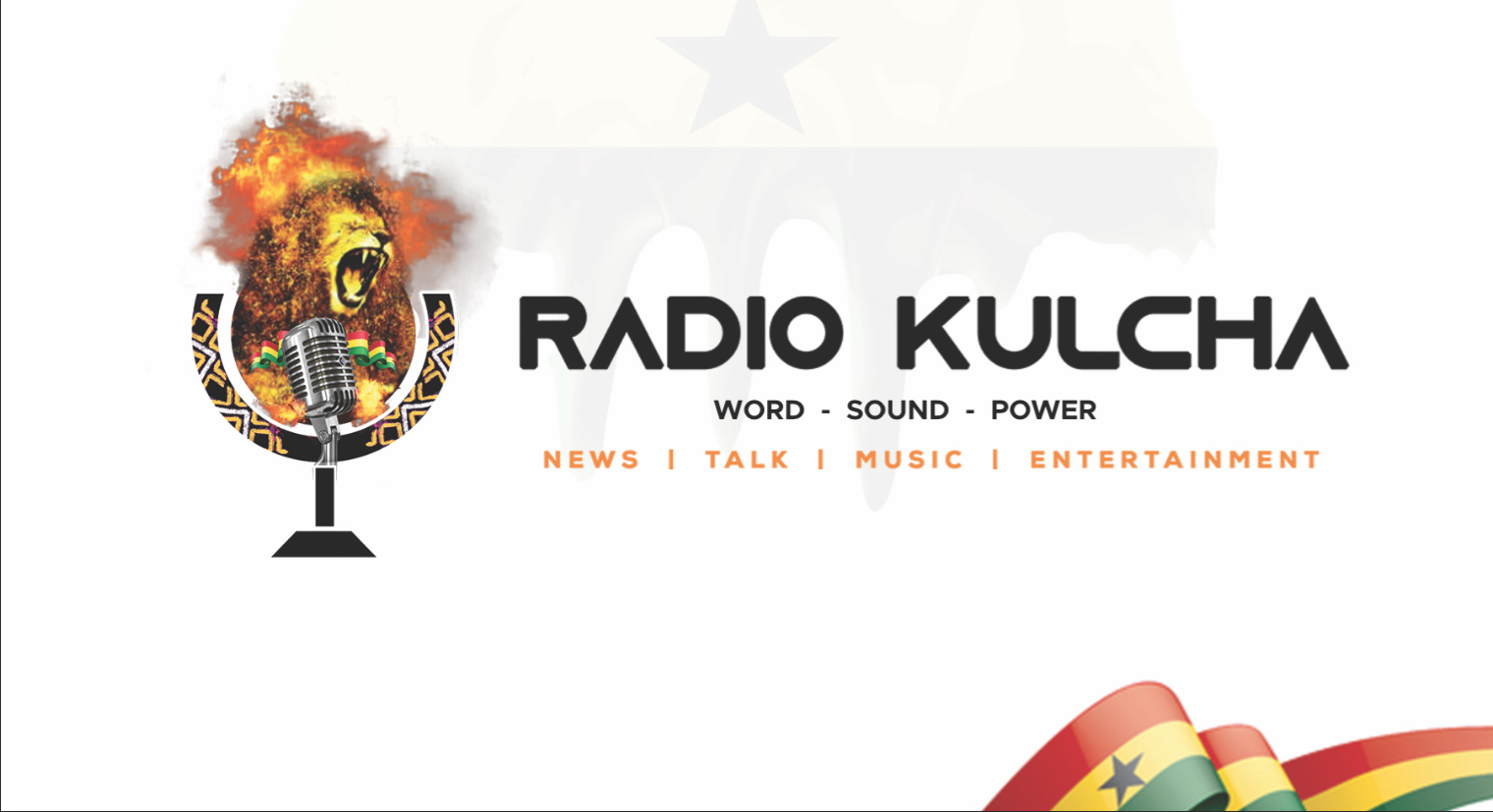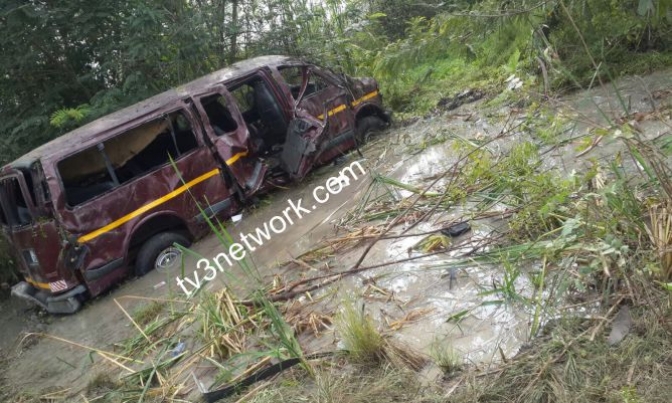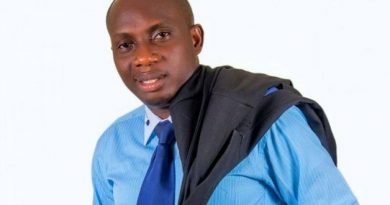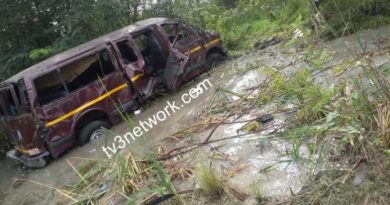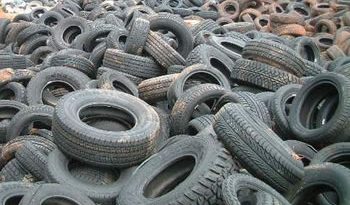Diaries of An Oguaa Fisherman: Following The President With Rickety Speed
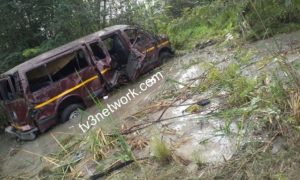
It might not have been my colleague fisherman who has passed but we, the fishermen of Oguaa, feel the pains of the family and friends of the presidential reporter. Telling your wife and your child that I am headed for work and would be back and returning never seems possible must have been a prayer that the reporter’s enemy will never have even thought about –it is extremely excruciating.
Our pains know no bounds for the rest that sustained various degrees of injuries and are in the hospital. For their sake, we, the fishermen of Oguaa, would want to declare a fishing day of mourning in solidarity with the young, energetic journo who has passed.
For the fishing community, a lot is expected of us because the media practioners have been our voice and will continue to be our voice. We remember vividly how they speak for us when premix fuel is in short supply; when some of our colleagues smuggle outboard motors and the premix fuel to neighbouring countries and most importantly when some of our colleagues use unorthodox fishing methods.
Ever since this news of the death of the Ghanaian Times reporter went viral, I have observed keenly how fishermen and fishmongers have gathered at London Bridge and Anaafo here in Oguaa talking passionately about the unfortunate happening and the need for something to be done to avert deaths that come this way. It is really not a great day to be a journalist, a fisherman remarked.
I am not pretending to be a journalist because I am not one but I feel journalists in this country have greater risks defending the constitution and playing their watchdog roles and as such deserve better conditions of service from the people who engage their services.
Imagine being a journalist and travelling in a presidential convoy that is made up of V8s. You, the journalist, are put not in one of the V8 vehicles that are amiable and sociable to the potholes on our roads but in a different vehicle because even though there are animals, some are more animals than others. These V8s usually run like the Jamaican sprinter, Usain Boltz, who is running to outpace his shadow. You can imagine the reaction of the Ford that is not accustomed to battle against ‘the wits and mights’ of a V8 in a convoy like that.
What has happened often plays out better during electioneering campaigns. Journalists are assembled and put in rickety vehicles for them to follow politicians who ride in powerful vehicles that even massage their bodies when the car is in motion. What is extremely dangerous is that some journalists who have cars try following the convoy- some have been maimed for life.
Most of the time, the journalists do not live to report on what they were following- they become the news. So why can’t the journalists also ride in the same V8s to follow the politicians if the politicians are using their V8s? Why do they speed so much in presidential and ministerial convoys? I know this too shall pass but it shouldn’t pass to occur again because losing your life this way as a journalist and being the news in this manner is a painful thing.
It is not only the presidential convoy that exposes the vulnerability of journalists. The journalist in Ghana is extremely vulnerable; while some are not paid at all by their employers, others work under extremely bad conditions waiting for the day the wind will blow to expose the anus of the fowl in their situation.
I wouldn’t be surprised as a fisherman to learn that a huge number of journalists live on SOLI in order to survive. We, as fishermen, pay soli and we know how aggressive some of the self-styled journalists conduct themselves in SOLI matters.
Ironically, journalists speak passionately about workers who are not paid by either government or their employer when they themselves have not been paid for several months. Journalists fight for conditions of service for other workers while they themselves have no conditions of service.
So, who provides the voice for the people who are the voice of the people? Becoming the news when following the news is really a nerve-racking situation that breaks the toughest of hearts.
The writer, Richard Kwadwo Nyarko, is a journalist with JOY 99.7. Email: oguaafisherman@gmail.com. Like my Facebook page: Richard Kwadwo Nyarko. Twitter: @quajo2009
